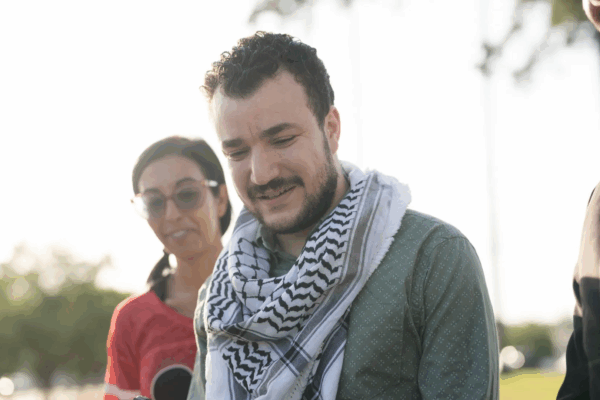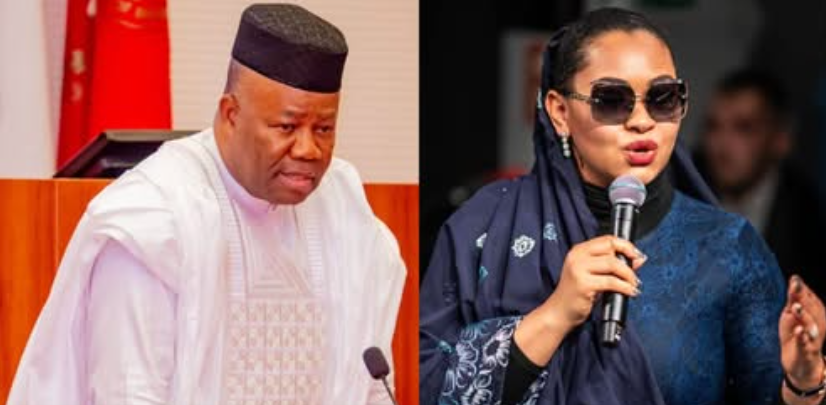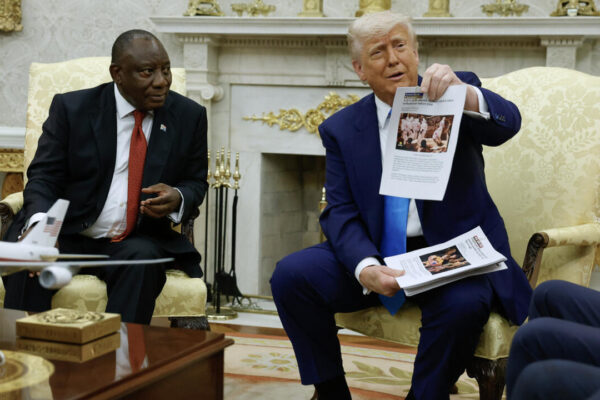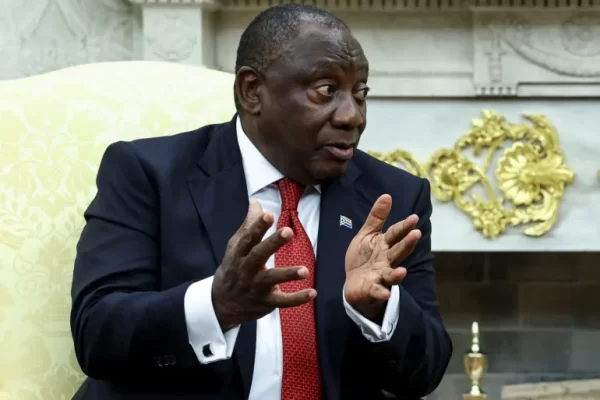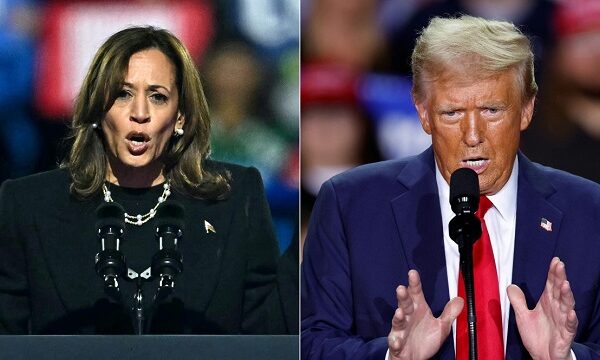By Kamal YalwaPublished: May 22, 2025 WASHINGTON, D.C. – A high-stakes meeting between U.S. President Donald Trump and South African President Cyril Ramaphosa at the White House on Wednesday took a contentious turn after Trump made inflammatory claims of “white genocide” in South Africa, referencing the country’s new land expropriation law. The meeting, intended to improve strained U.S.–South Africa relations, quickly escalated as Trump accused the South African government of persecuting white farmers and seizing land without compensation. The claims, which have been widely debunked by experts, overshadowed efforts by Ramaphosa to foster economic cooperation and present a trade proposal to the U.S. Trump’s Genocide Allegations President Trump alleged that white Afrikaner farmers in South Africa are victims of targeted violence and land confiscation. He cited videos and news clippings, including a controversial montage featuring South African opposition leader Julius Malema singing “Kill the Boer,” a historical anti-apartheid chant. “We have many people that feel they’re being persecuted, and they’re coming to the United States,” Trump said, referencing the recent relocation of 59 white South Africans to the U.S. under a refugee plan initiated by his administration. Ramaphosa firmly rejected the allegations. “There is criminality in our country, but the majority of victims are Black South Africans,” he said. “If there was a genocide, these gentlemen would not be here,” he added, gesturing to white South African golfers Ernie Els and Retief Goosen, and billionaire Johann Rupert, who accompanied him. Land Reform at the Heart of the Dispute In January 2025, Ramaphosa signed a new land expropriation law aimed at redressing historical injustices from South Africa’s apartheid era. The law allows the government to seize land for public use—with or without compensation—replacing a 1975 statute criticized for its ambiguity. White South Africans, who make up around 7% of the population, continue to own over 70% of the land, despite the official end of apartheid in 1994. The law has sparked debate globally but, as of mid-May, no land has been seized without compensation. South African historian Saul Dubow described Trump’s genocide claims as baseless. “The violence in South Africa is largely criminal, not political,” he said. “Historical racial injustice is real, but the notion of a targeted genocide against white farmers is unfounded.” Fallout for Aid and Trade Following the signing of the land law, Trump froze U.S. aid to South Africa in February and slashed funding for HIV/AIDS programs, placing more than 8,000 health workers at risk of losing their jobs. The Trump administration has also curtailed the operations of the U.S. Agency for International Development (USAID) across the continent. Another key point of tension is the future of the African Growth and Opportunity Act (AGOA), which allows sub-Saharan African countries, including South Africa, to export goods to the U.S. duty-free. If AGOA is not renewed, South Africa’s automotive and agricultural exports could be significantly impacted. Trump has already imposed a 31% tariff on South African goods—currently under a 90-day suspension—and maintains a 10% universal tariff on foreign imports. Ramaphosa Pushes for Trade Talks Despite the confrontational tone, Ramaphosa said the meeting was “a great success.” He presented a trade framework to Trump, offering U.S. companies access to South Africa’s rich deposits of critical minerals, including platinum, manganese, and vanadium—resources vital for manufacturing, technology, and clean energy. “We’ve got critical minerals that you want to fuel your own economy and reindustrialize,” Ramaphosa said. No trade agreement was finalized, but both leaders agreed to continue discussions. Looking Ahead Observers say Wednesday’s meeting underscores the Trump administration’s increasingly hardline stance on Africa, especially in cases where domestic politics intersect with foreign policy. The fallout from this latest exchange could have long-lasting implications for U.S.-Africa relations. With the future of AGOA uncertain and U.S. aid programs hanging in the balance, South Africa now finds itself navigating a complex diplomatic landscape shaped by contentious narratives and shifting geopolitical interests. — Source: Al Jazeera, White House Press Briefing, South African Government Statement.
